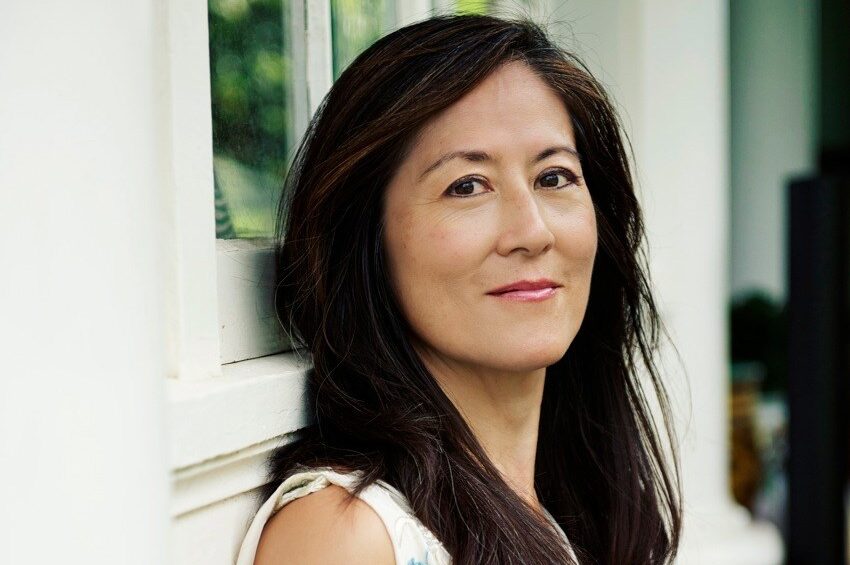It's got to be embarrassing to the black community to have an example right of front of them that debunks many of their complaints about succeeding in America.
Kenny Xu, author and president of the advocacy group Color Us United, told Hill.TV that "Asian Americans showed that critical race theory cannot be true."
Kenny Xu, author and president of the advocacy group Color Us United, told Hill.TV that "Asian Americans showed that critical race theory cannot be true."



